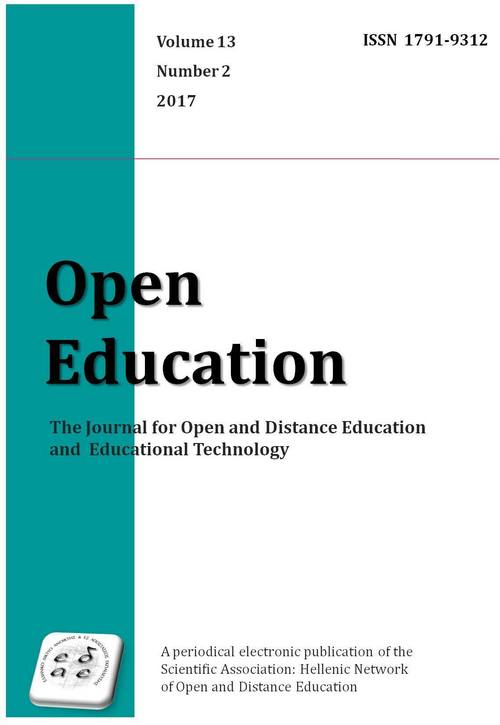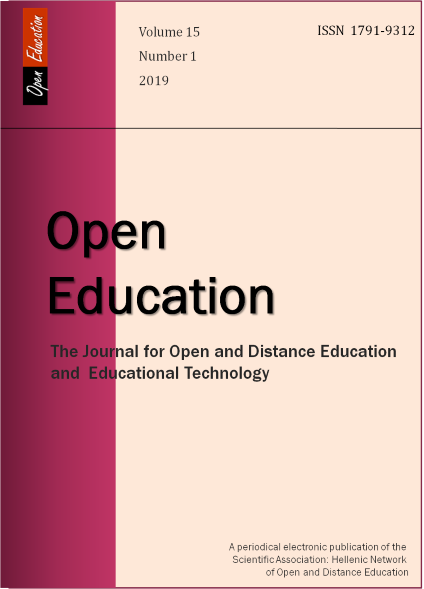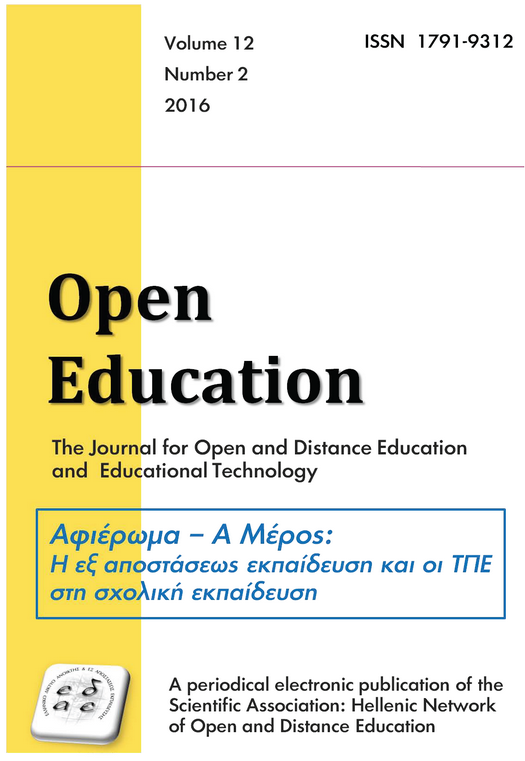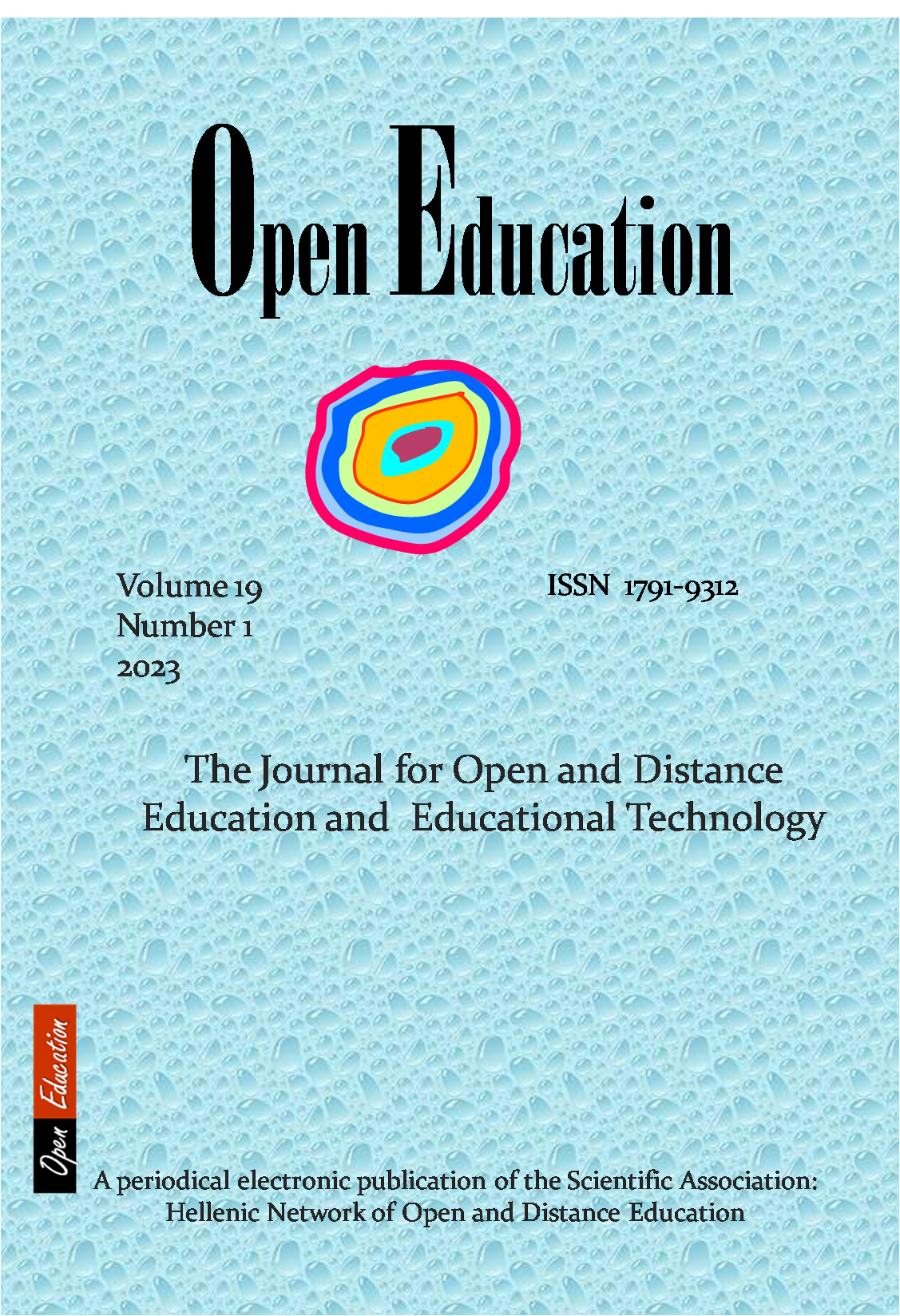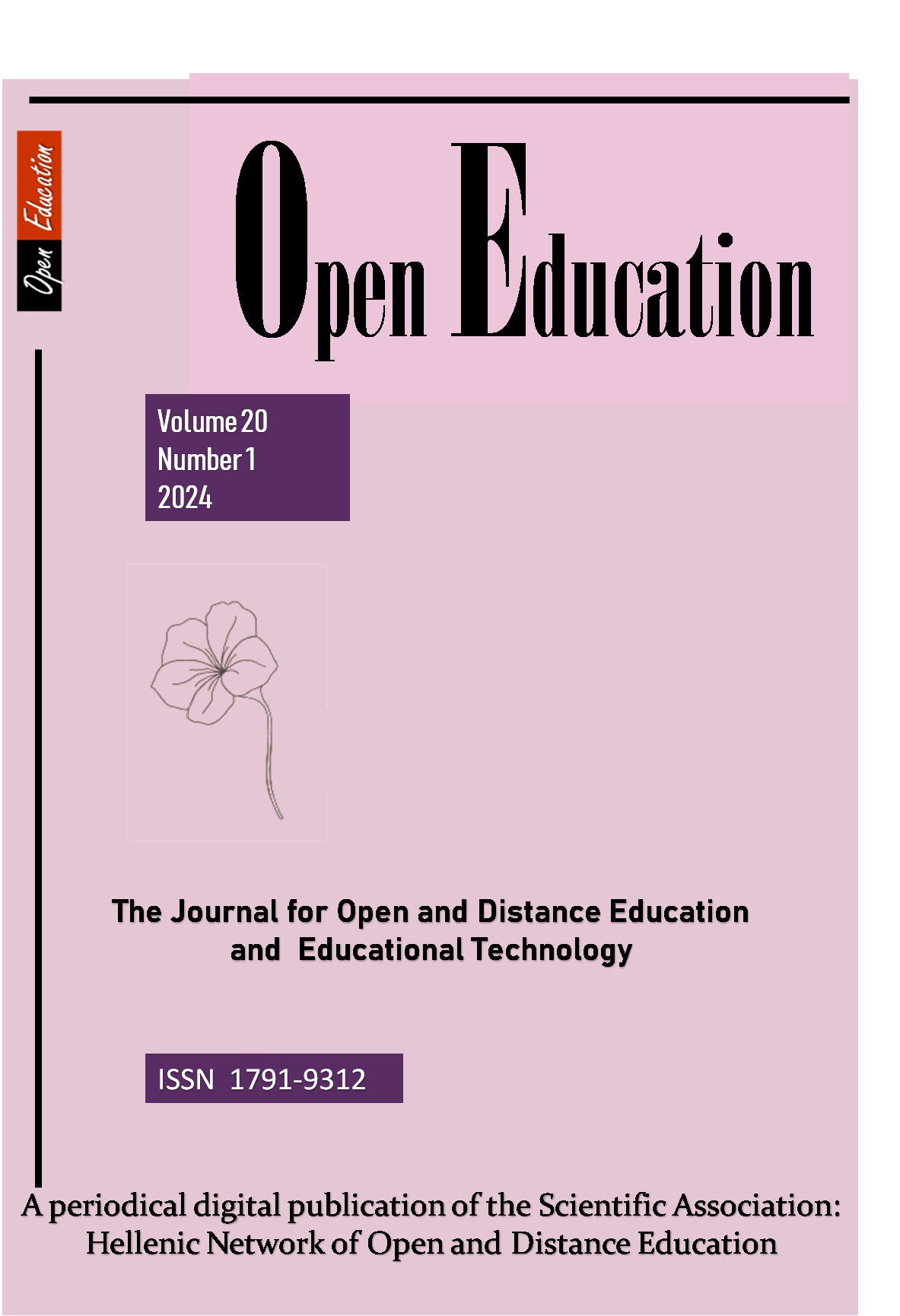Μια επισκόπηση του πεδίου των εκπαιδευτικών φορητών εφαρμογών για παιδιά προσχολικής και πρώτης σχολικής ηλικίας.
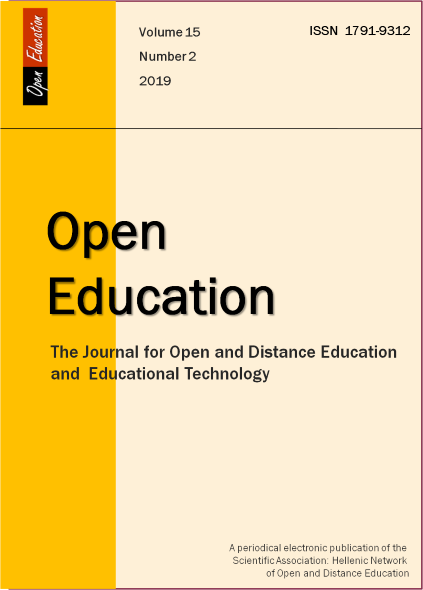
Περίληψη
Στις μέρες μας, τα μέσα οθονών αφής έχουν στην κυριολεξία εκτοξευθεί και τα παιδιά νεαρής ηλικίας έχουν γίνει χρήστες των ψηφιακών τεχνολογιών, όπως είναι τα έξυπνα κινητά τηλέφωνα και οι ταμπλέτες. Αυτές οι συσκευές υιοθετούνται ολοένα και περισσότερο σε όλες τις προηγμένες χώρες, ουσιαστικά ως οικογενειακές συσκευές, ορισμένες φορές ως ‘ατομική ιδιοκτησία’ του παιδιού αποτελώντας την ‘πρώτη’ τους επιλογή, τόσο λόγω των χαρακτηριστικών τους όσο και της πληθώρας των συνοδευτικών τους εφαρμογών. Η δημοτικότητα των μέσων αυτών στα παιδιά νεαρής ηλικίας έχει οδηγήσει στην παραγωγή δεκάδων χιλιάδων φορητών εφαρμογών που υπάρχουν διαθέσιμες είτε δωρεάν είτε επί πληρωμή στα δυο δημοφιλή διαδικτυακά ηλεκτρονικά καταστήματα, Apple App Store και Google Play, και οι οποίες - θεωρητικά τουλάχιστον - έχουν σχεδιαστεί για να διδάσκουν ποικίλες μαθησιακές περιοχές. Ωστόσο, παρά την δεδηλωμένη επιθυμία και εν μέρει ανάγκη των γονέων και εκπαιδευτικών να χρησιμοποιήσουν τις εφαρμογές αυτές, στην πλειονότητα τους οι διαθέσιμες εφαρμογές οι οποίες αυτοπροβάλλονται ως «εκπαιδευτικές», έχουν ελάχιστα δικαιώσει τον αυτοπροσδιορισμό τους, καθώς στην πλειοψηφία τους έχουν μηδαμινή ή ελάχιστη εκπαιδευτική αξία. Η παρούσα εργασία η οποία αποτελεί μια επισκόπηση του πεδίου επιχειρεί να αποτυπώσει την κατάσταση που επικρατεί στο οικοσύστημα των εκπαιδευτικών εφαρμογών και την αναντίρρητη ανάγκη γονέων και εκπαιδευτικών για εφαρμογές με πραγματική εκπαιδευτική αξία.
Λεπτομέρειες άρθρου
- Πώς να δημιουργήσετε Αναφορές
-
- Τεύχος
- Τόμ. 15 Αρ. 2 (2019)
- Ενότητα
- Μέρος πρώτο / Section 1



